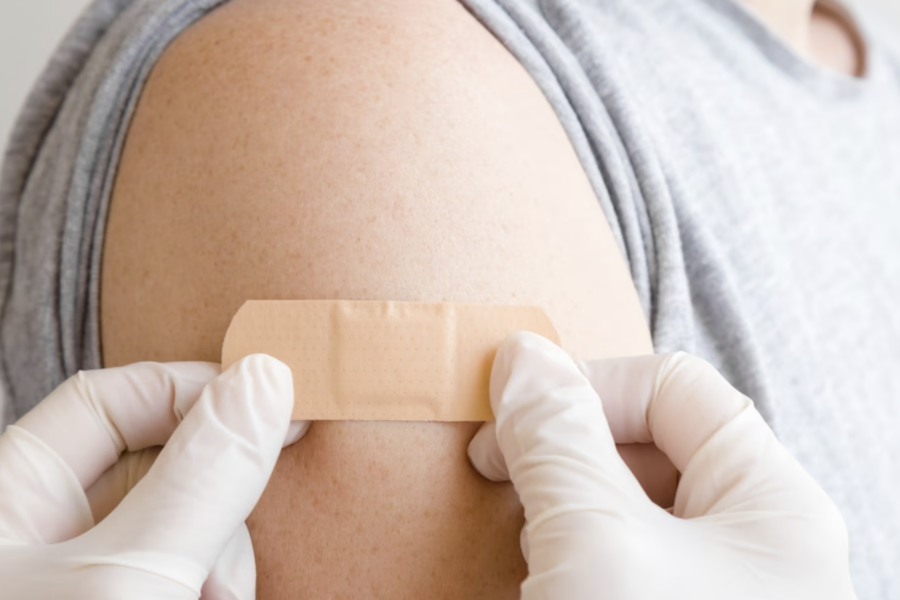Silly cat videos could be good for your health — at least if you are about to get one of the seasonal vaccines.
For instance, when people who were in a positive mood got a flu shot that day, they produced higher levels of antibodies to help them fight the disease, according to one British study.
This data on mood and vaccines is limited, but a substantial body of research shows many other lifestyle factors — such as diet, exercise and even social interactions — may affect how much protection people get from vaccines, including, it appears covid-19 jabs.
Scientists are still trying to determine how higher antibody counts translate into disease protection in real life: After all, there are other parts of the immune system, such as T-cells, that play an important role in keeping us healthy, too. Yet for now, antibody levels are a common measurement used by scientists trying to determine vaccine efficacy, and “that is generally a correlate of protection,” says Marian Kohut, an immunobiologist at the Iowa State University.
Not all people respond to vaccines in the same way. Some develop better antibody protection than others, while immunization may fail for an unlucky few.
“The response induced by a vaccine can vary tremendously between individuals,” says Bali Pulendran, an immunologist at Stanford University. Age is part of the reason, he says, with older people generally responding less effectively than younger ones.
Genetics also play a role. Studies of twins show that for some vaccines, such as measles, almost 90 percent of the variation in antibody response is due to our genes (for other vaccines, these numbers are lower — for mumps, for instance, the variation in antibody response due to genes is 39 percent).
Yet even if you are older and didn’t win the genetic lottery, you can still improve your chances of a good vaccine response, experts say.
